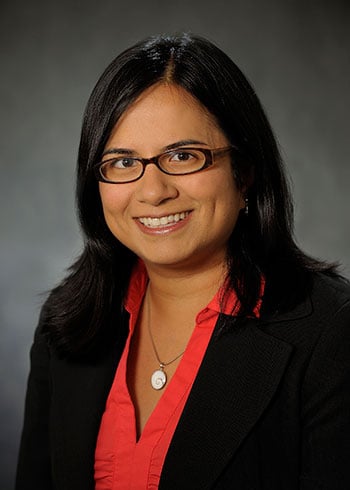What to know
Date: February 21, 2025, 2–3 PM ET

Disease Management Considerations for People with Thalassemia Older than 50
To register: https://bit.ly/CDCThal50
Presenter

Moderator

The thalassemias are among the most common genetic disorders in the world, yet they exhibit a broad spectrum of phenotypes. Thalassemias can be subdivided based on the hemoglobin chain affected (alpha versus beta) and genotype, which roughly corresponds to severity level (major, intermedia, and minor). The thalassemia phenotypes can also be categorized into those that are transfusion-dependent (mostly thalassemia major) and those that are not (mostly thalassemia minor and intermedia).
Individuals born with severe forms require clinical management that may include chronic transfusion therapy and regular iron chelation. Due to advances in treatment, individuals who are optimally managed are now living well beyond the age of 50. However, adult thalassemia patients are more likely to develop multiple disease-related morbidities. Adult patients may also develop conditions that are often encountered in the general aging population at an earlier age, which can create challenges for clinicians.
In this Grand Rounds, Dr. Sayani will discuss the clinical management of thalassemia in patients over the age of 50. She will provide information on conditions and challenges that are more likely to occur in both the transfusion-dependent and non-transfusion-dependent populations, as well as treatment strategies for these individuals. A case study will be included.
Learning Objectives
- List three complications frequently associated with transfusion-dependent thalassemia in older individuals.
- List three complications frequently associated with non-transfusion-dependent thalassemia in older individuals.
- Describe the recommended monitoring and treatment plan for thalassemia in individuals over 50.
These rounds are free and require advance registration. To register: https://bit.ly/CDCThal50
For more information, please contact [email protected]
